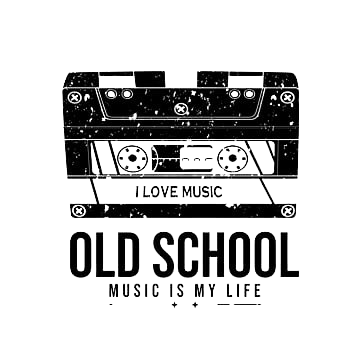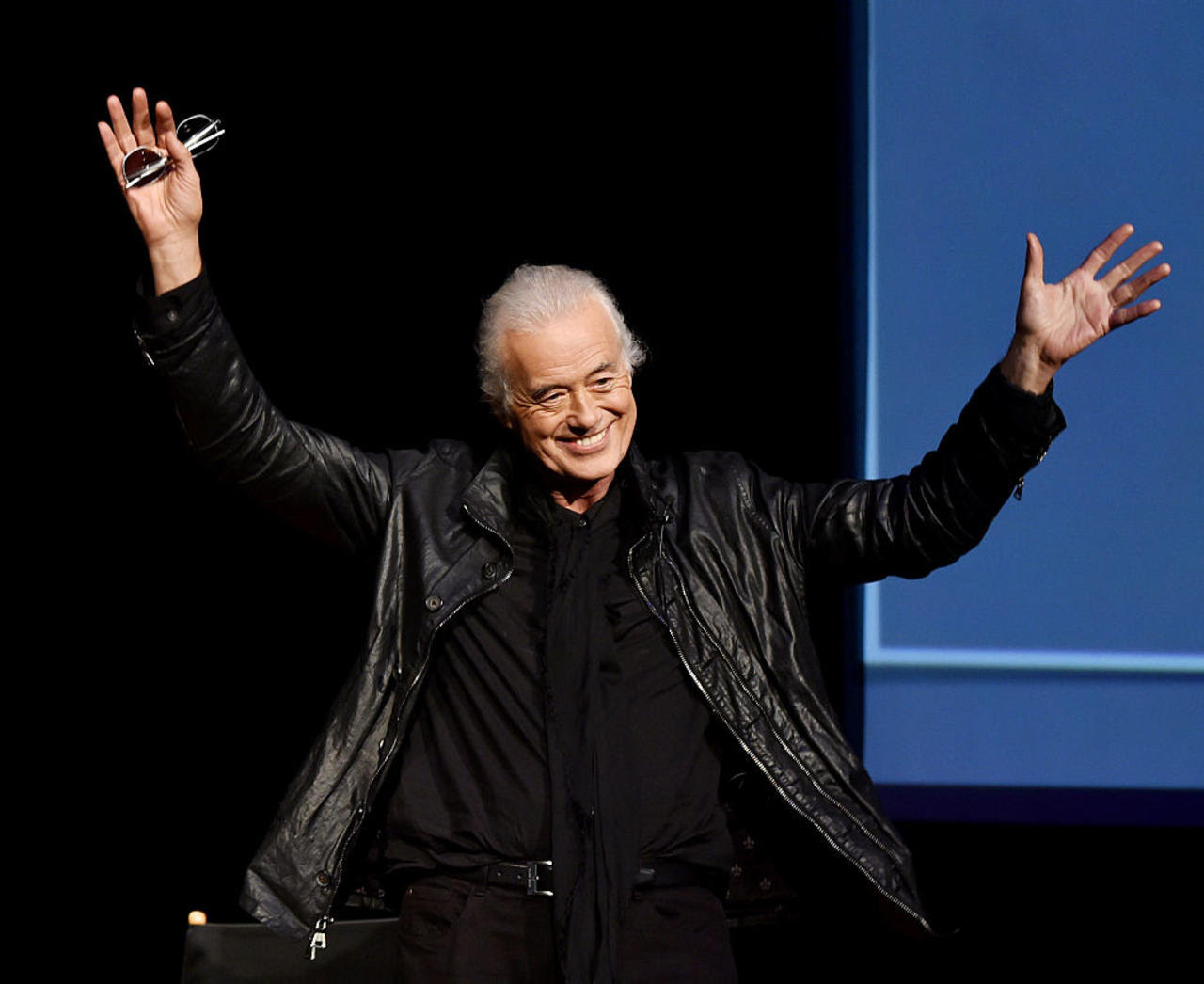Jimmy Page once painted a dragon, and used it to slay.
The guitar guru was so bursting with creative inspiration 50 years ago that he felt compelled to pick up a brush and use his skills from art school to take poster paints to his favorite instrument, a 1959 Fender Telecaster, and decorate it with a psychedelic beast.
He calls the axe “the Excalibur” that he wielded through the wildly eventful year of 1968, when his old band, the Yardbirds, crashed, and his new band, Led Zeppelin, was born just two months later.
“My whole life is moving so fast at that point,” Page, now 74, said as he reflected on Led Zeppelin’s 50th anniversary in an interview with The Associated Press at the Fender guitar factory in California. “Absolutely just a roller-coaster ride.”
Page said he had Led Zeppelin’s sound, and first songs, fully formed in his mind before the Yardbirds were even done.
“I just knew what way to go,” Page said. “It was in my instinct.”
6He found his first ally in singer Robert Plant, whom he invited to his house to thumb through records and talk music.
Page said he used an unlikely bit of folkie inspiration — Joan Baez — to show Plant the sound he wanted, playing her recording of the song “Babe I’m Gonna Leave You” and telling him to emulate the way she sang the top line of the song. Zeppelin would put the tune on its first album.
Page still marvels at how fast the whole thing took off after Plant brought on drummer John Bonham and Page pulled in his friend John Paul Jones to play bass.
“The whole journey of Led Zeppelin and the rise of Led Zeppelin, each tour was just extraordinary, and the growth and the respect and love of the band, and the people that were flooding to see us,” Page said.
The first record also included “Dazed and Confused,” with Page famously using a violin bow on the dragon guitar, which he played on every electric song on the record.
The guitar had been a cherished gift that guitarist Jeff Beck had given Page to thank him for recommending Beck for a job in the Yardbirds, which had brought a handsome payday.
“He’d bought a Corvette Stingray, and came roaring up my driveway with it,” Page remembered. “He said, ‘This is yours.’ I was absolutely thrilled to bits. It was given to me with so much affection.”
Page said he made immediate and intense use of the instrument, and wanted to “consecrate” it, so he went at it with paints that were used at the time for psychedelic posters, and summoned the dragon.
Page later left the guitar behind at his home in England on an early U.S. tour with Led Zeppelin in 1969. He’d come to regret it.
When he returned, exhausted and abuzz, he found that a ceramicist friend who had been serving as his house-sitter had painted over the dragon in his own mosaic style as a “gift” for Page.
“It was a disaster,” he said. Page angrily stripped off all the paint and he placed it in storage, where it sat for decades.
Flash forward 50 years. Page was assembling a book for the band’s anniversary, and the dragon guitar kept popping up in pictures.
Page felt that maybe it was time to bring the old beast back to life. He worked with a graphic artist who helped illustrate the book, using photos to repaint the guitar, and recreate its old look.
He loved the result so much that he approached Fender, guitar maker happily signed on to make an anniversary rendition for the public. The design will be unveiled in January.
“It’s absolutely identical,” Page said. “You wouldn’t see any difference. If anything, the colors were just slightly richer.”
Four different versions of the guitar will be released next year.
Along with the book, the instruments are a tribute to the band’s 50-year legacy.
Asked what kind of gift one might get for his bandmates for such a milestone, Page said, “I might give them a paintbrush, and the body of a guitar, and see if they can do something with it.”

